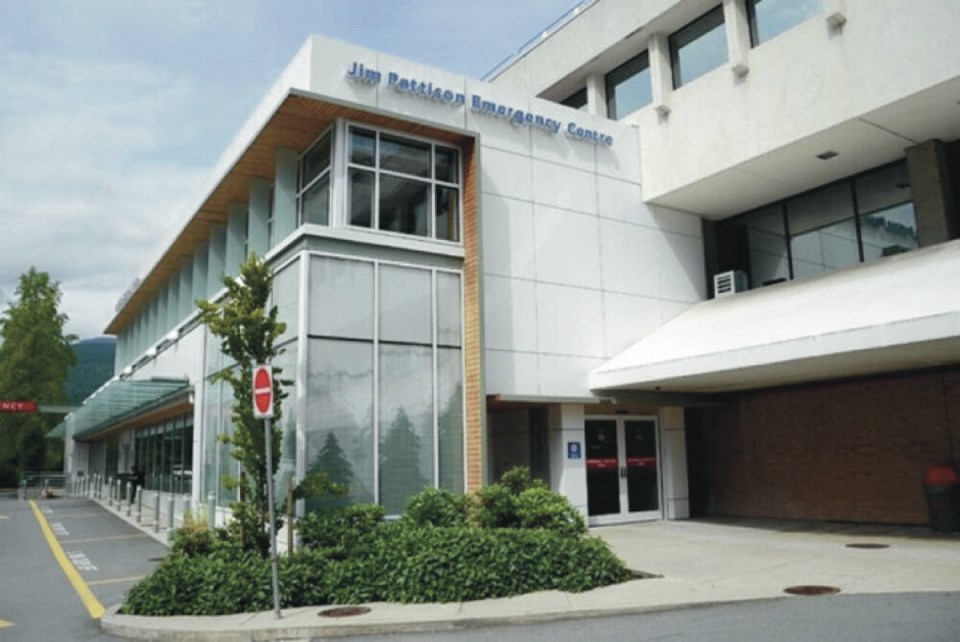COVID-19 infections haven’t gone away on the North Shore.
But serious illnesses from respiratory diseases of all types are on the decline.
That’s the latest information this week that can be teased from statistics from both B.C.’s Centre for Disease Control and the Ministry of Health.
One of the biggest indicators of serious illness – hospitalizations – are thankfully on the decline.
Number of people in Lions Gate Hospital drops over 7%
Since Jan. 6, when Health Minister Adrian Dix first raised the alarm about high numbers of hospitalizations, the number of people in hospital at Lions Gate on the North Shore has fallen 7.2 per cent, according to the Ministry of Health. The number of people in hospital at Lions Gate went from 319 on Jan. 6 to 296 on Jan. 26.
A similar trend was seen at most major hospitals in B.C.
In Vancouver Coastal Health, hospitalizations fell 10.6 per cent in Richmond, 6.5 per cent at St. Paul’s and 4.2 per cent at Vancouver General. The only hospital where that didn’t happen was B.C. Children’s, where numbers remained stable.
As of Jan. 26, there were 42 people hospitalized who had tested positive for COVID-19 in VCH, two of those in critical care. There were also three new deaths in VCH among people who recently tested positive for COVID-19.
According to the B.C. Centre for Disease Control, flu – which peaked early in November – has now fallen to low levels. RSV infections – which have hit children hardest - remain high but have continued to decline. COVID cases have remained relatively stable.
North Shore sewage plant data shows small COVID uptick
According to recent data from wastewater sampling, levels of COVID-19 measured on the North Shore rose slightly from early January, although levels of virus being shed in sewage water were still not as high as they were over the Christmas period. Levels of the virus in most other Lower Mainland plants had declined as of Jan. 16.
Numbers of people vaccinated haven’t changed much on the North Shore. Between 92 and 95 per cent of adults 18 and over received at least two doses of the vaccine. But those numbers fell with each subsequent booster shot. Only 47 per cent of adults on the North Shore have received two boosters. There is also a relatively small uptake for children. Between 52 and 64 per cent of children age five to 11 have received two doses of vaccine, while under 20 per cent of the youngest children have received two doses.
Monday marks the third anniversary of the World Health Organization declaring COVID-19 as a global public health emergency.
On Friday, a committee of WHO voted on whether to maintain that designation. A final decision will be announced on Monday, but it isn’t expected to change anything in practical terms in Canada.



